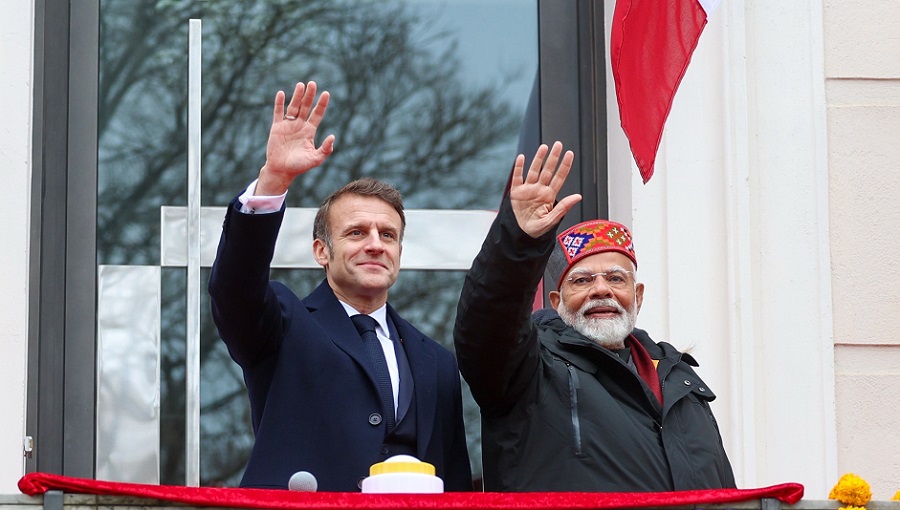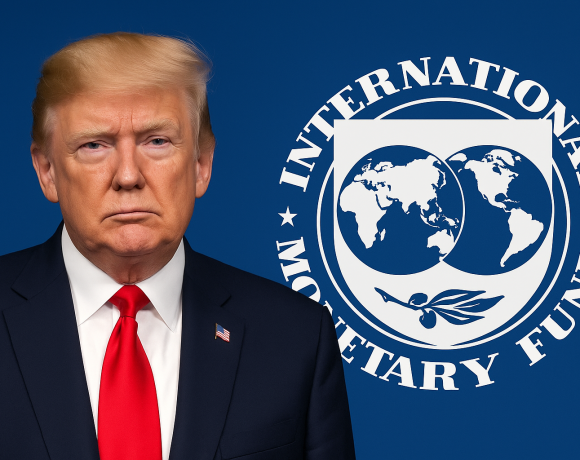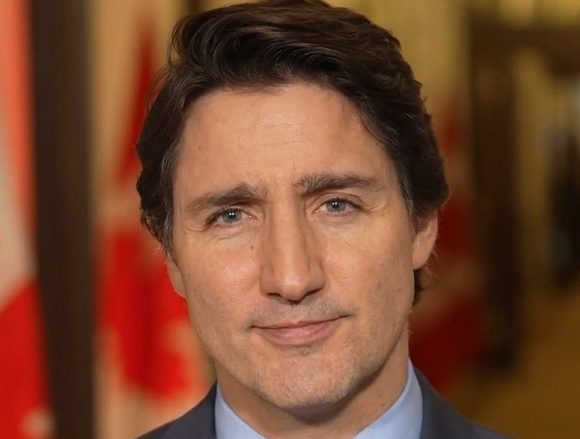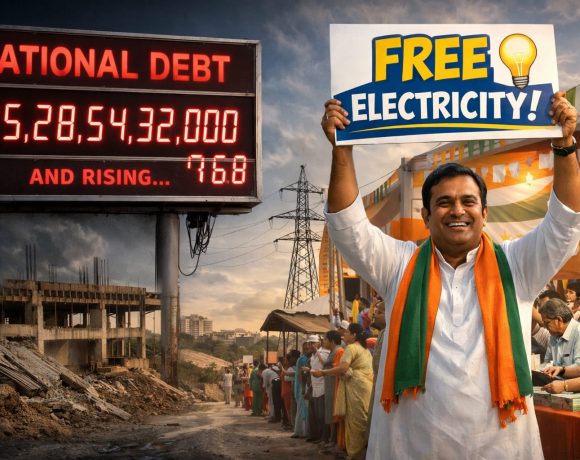
Macron Unveils Indo-Pacific Strategy, Strengthens Ties with India
French President Emmanuel Macron has laid out a sharpened Indo-Pacific strategy focused on reinforcing partnerships with regional powers, placing India at the heart of this recalibrated approach. Addressing the Shangri-La Dialogue in Singapore on May 31, Macron declared, “We want to go further, particularly with India,” as he underlined France’s ambitions to act as a stabilizing force amid growing strategic contestation in the region.
Indo-Pacific Strategy: A Renewed Focus on Strategic Balance
Macron described France’s goal to become a “balancing power” in the Indo-Pacific, offering an alternative to the polarizing influences of China and the United States. The updated strategy reaffirms France’s commitment to upholding international law, defending freedom of navigation, and resisting coercive behaviors across the region.
He reaffirmed the need to deepen partnerships with democracies like India to uphold a rules-based order. With territories like Réunion, Mayotte, and New Caledonia located in the region, France positions itself not as an outsider, but as a resident power with vested interests in maintaining peace and stability.
Defense Cooperation: France and India’s Military Synergy
Defense remains the strongest pillar of Indo-French cooperation. India and France continue to conduct bilateral and multilateral exercises such as the ‘Varuna’ naval drills. France has also been instrumental in bolstering India’s defense modernization, supplying Rafale fighter jets, Scorpene-class submarines, and contributing to Make-in-India initiatives in defense manufacturing.
This growing military cooperation reflects strategic trust between the two nations, particularly in maritime security in the Indian Ocean Region. France’s enhanced presence at India’s naval bases and collaborative surveillance efforts point to a steadily evolving security alliance.
Economic Ties: Beyond Defense into Energy and Tech
Beyond defense, Macron’s outreach signaled renewed emphasis on economic convergence. India and France are expanding their cooperation in climate action, infrastructure, digital innovation, and civil nuclear energy. France is among the top foreign investors in India, with renewed interest in joint ventures in green hydrogen, solar, and electric mobility.
The two countries also co-founded the International Solar Alliance, showing their mutual interest in shaping the global climate discourse.
Strategic Autonomy: A Shared Foreign Policy Philosophy
India and France are united by a shared belief in strategic autonomy—steering clear of bloc politics while maintaining multilateral engagements. This mutual outlook has allowed the countries to collaborate on sensitive sectors such as space exploration, nuclear technology, and cybersecurity.
By reducing dependence on global superpowers and strengthening bilateral capabilities, both countries seek to protect national interests without external pressure.
Conclusion
President Macron’s latest articulation of France’s Indo-Pacific strategy places India at the center of Paris’ vision for a multipolar, rules-based regional order. With growing defense engagements and robust economic collaboration, the Indo-French partnership signals a pragmatic, forward-looking alliance poised to shape the future of the Indo-Pacific landscape.


















